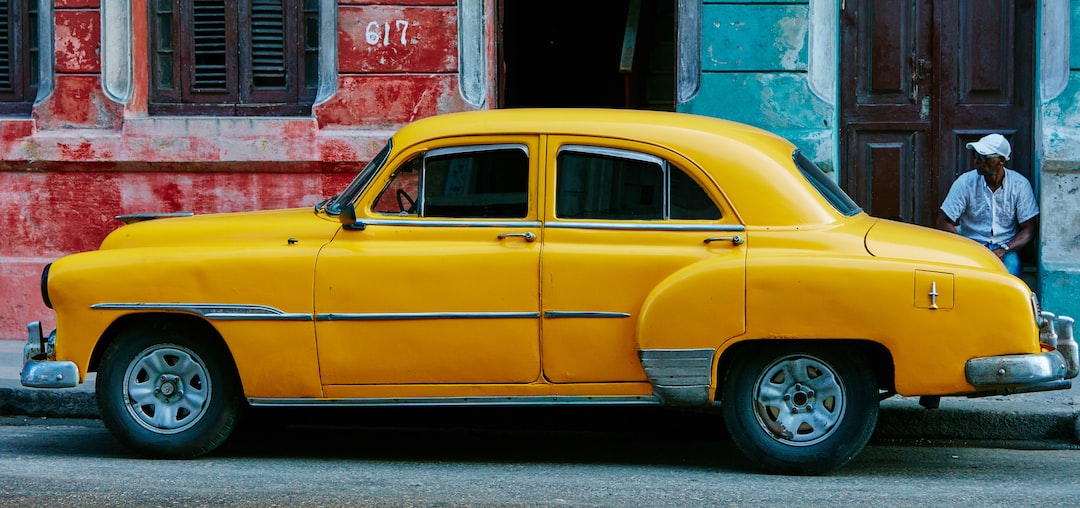Havana’s Afro-Cuban heritage: Exploring the roots of Cuban culture
Cuba, known for its vibrant culture, lively music, and exquisite cuisine, is a melting pot of various ethnicities and traditions. Among these, the Afro-Cuban heritage stands out, playing a significant role in shaping the island nation’s unique cultural identity. Havana, the capital city, is particularly rich in Afro-Cuban roots, offering a deeper insight into the country’s history and diverse cultural tapestry.
Afro-Cubans are descendants of the African slaves brought to Cuba during the colonial era to work on sugar plantations. These slaves brought with them their rich culture, traditions, music, and religious beliefs. Over time, they merged with the existing Spanish and indigenous Taino cultures, creating a fusion that is distinctly Cuban.
One of the most prominent expressions of Havana’s Afro-Cuban heritage is found in its music. The city pulsates with the rhythm of Afro-Cuban beats, such as the famous rumba, son, and salsa. These musical genres have their roots deeply embedded in African rhythms, combined with Spanish influences and elements of jazz. Walking the streets of Havana, it is not uncommon to stumble upon impromptu live music performances, where locals skillfully play traditional instruments like the bongos, congas, and claves under the shades of colonial buildings.
Rumba, in particular, holds a special place in the hearts of Habaneros. It originated in Havana’s poor neighborhoods, where African slaves created this percussive and vocal music as a means of communication and self-expression. Attending a rumba gathering, known as a “rumbón,” provides a unique opportunity to witness this ancient tradition, passed down through generations, where dancers and musicians unite to create a magical experience of movement and sound.
Afro-Cuban religion, notably Santeria, also plays a significant role in Havana’s cultural tapestry. Santeria originated from the merging of Yoruba religious beliefs, brought by African slaves, with Catholicism. The resulting belief system allowed Afro-Cubans to maintain their African spiritual traditions while outwardly practicing Catholicism. In Havana, you can find beautiful Santeria ceremonies in various places, where participants pay homage to their African ancestors through music, dance, and rituals.
Another aspect of Havana’s Afro-Cuban heritage is its culinary traditions. Cuban cuisine is a fusion of Spanish, African, and Caribbean flavors and techniques. African influences can be seen in dishes like congri, a delicious mix of black beans and rice, and malanga fritters, made from a root vegetable commonly found in African cuisine. Exploring the flavors of Afro-Cuban cuisine in Havana allows visitors to experience the unique culinary heritage that has shaped Cuba’s gastronomy.
Art and dance are yet another way through which Havana celebrates its Afro-Cuban heritage. The city is home to numerous art centers, dance studios, and cultural institutions that exhibit and preserve Afro-Cuban visual arts, theater, and dance. Many art galleries showcase vibrant paintings and sculptures that reflect the African roots of Cuban culture. Additionally, dance troupes perform traditional Afro-Cuban dances, such as the Orisha dances or the energetic Afro-Cuban salsa.
Havana’s Afro-Cuban heritage serves as a reminder of the resilience and creativity of its people. Despite the hardships faced by Afro-Cuban communities throughout history, they have managed to preserve and celebrate their cultural practices, enriching Cuban society as a whole.
As travelers explore Havana, they have the opportunity to immerse themselves in this rich cultural heritage. Whether it’s listening to live music on the streets, participating in a Santeria ceremony, or savoring the flavors of Afro-Cuban cuisine, Havana offers a truly unforgettable experience. By embracing and celebrating its Afro-Cuban roots, Havana showcases the diversity and depth of Cuban culture, reminding us of the importance of preserving and cherishing our cultural heritage.

